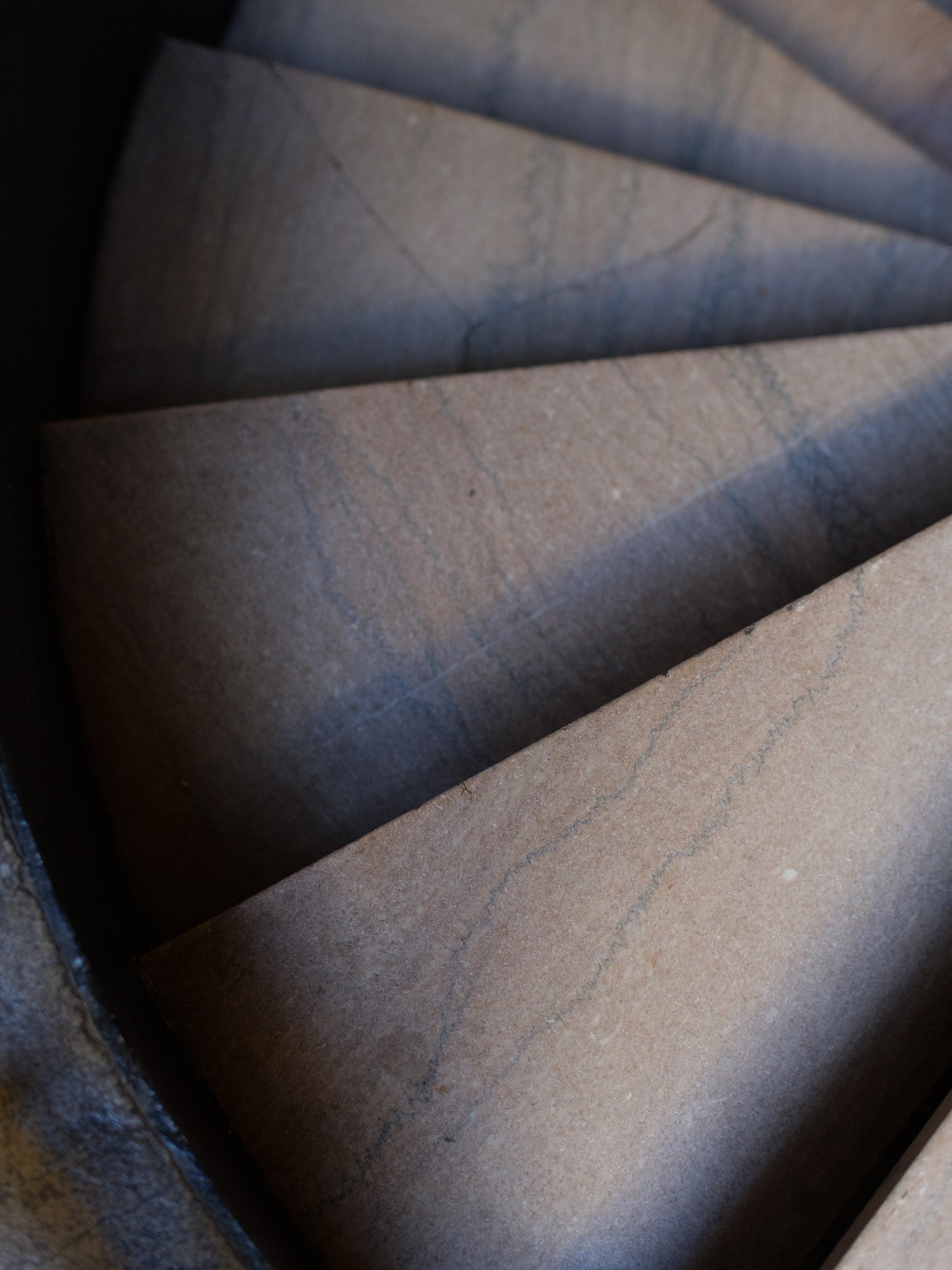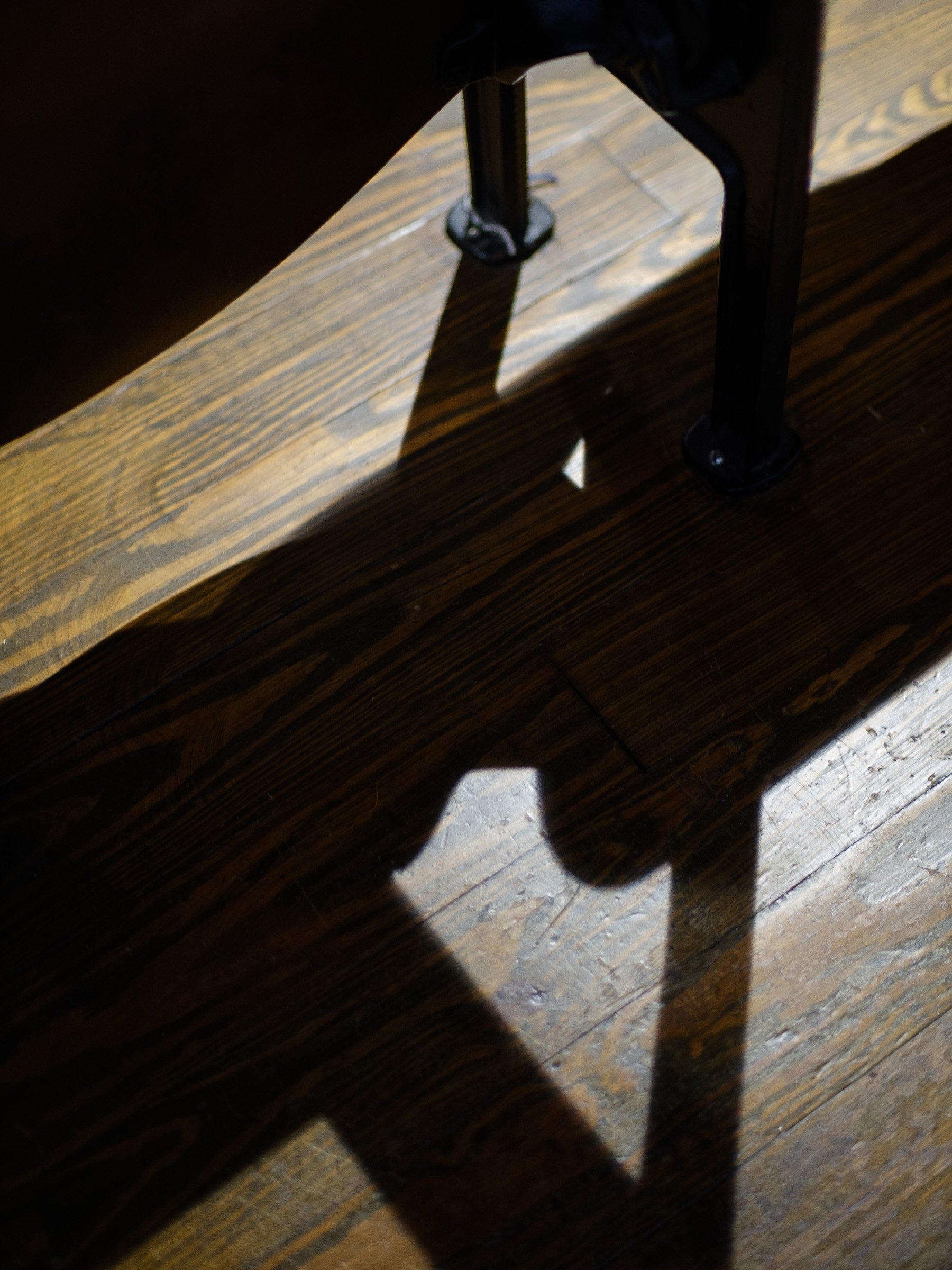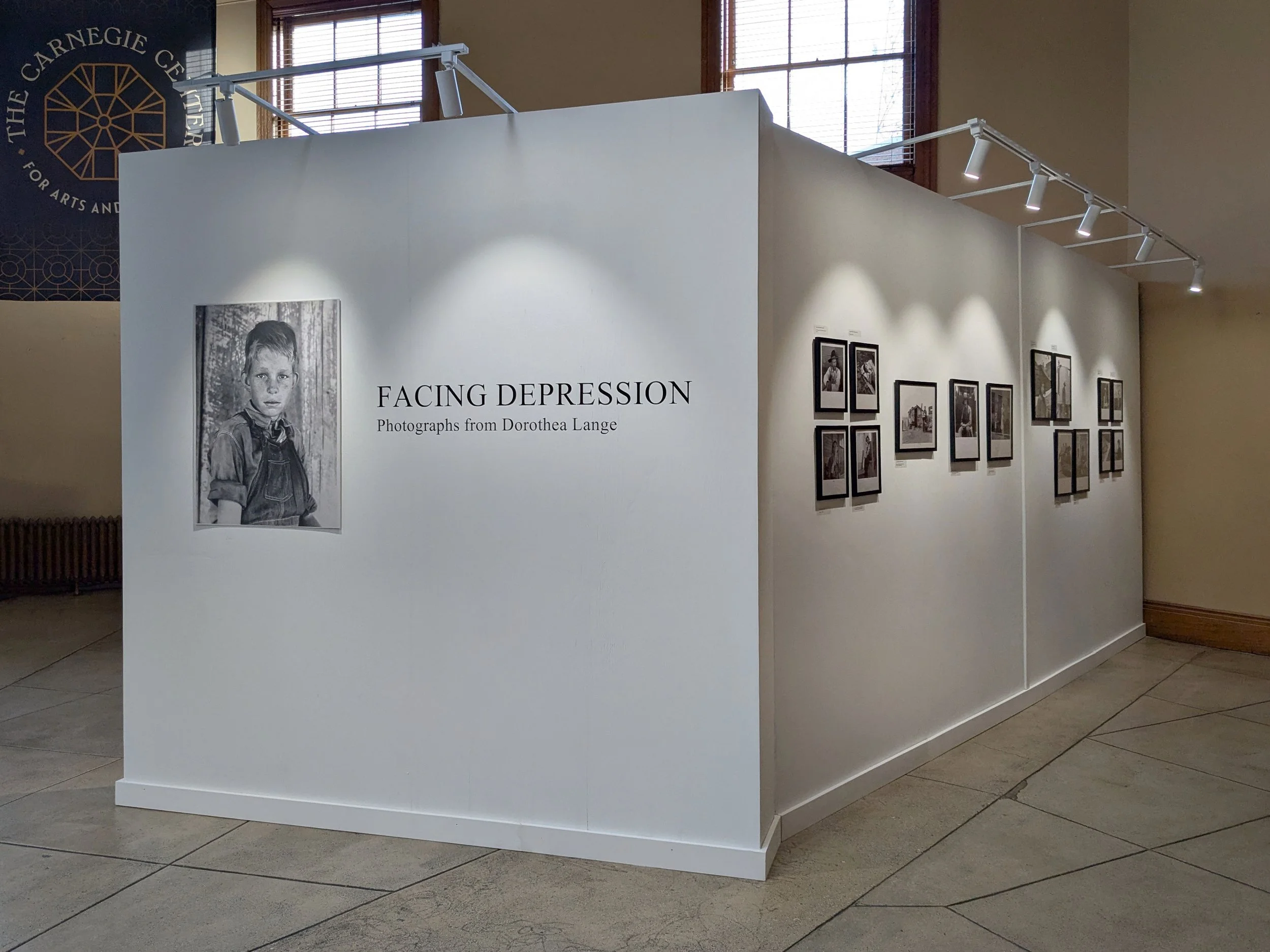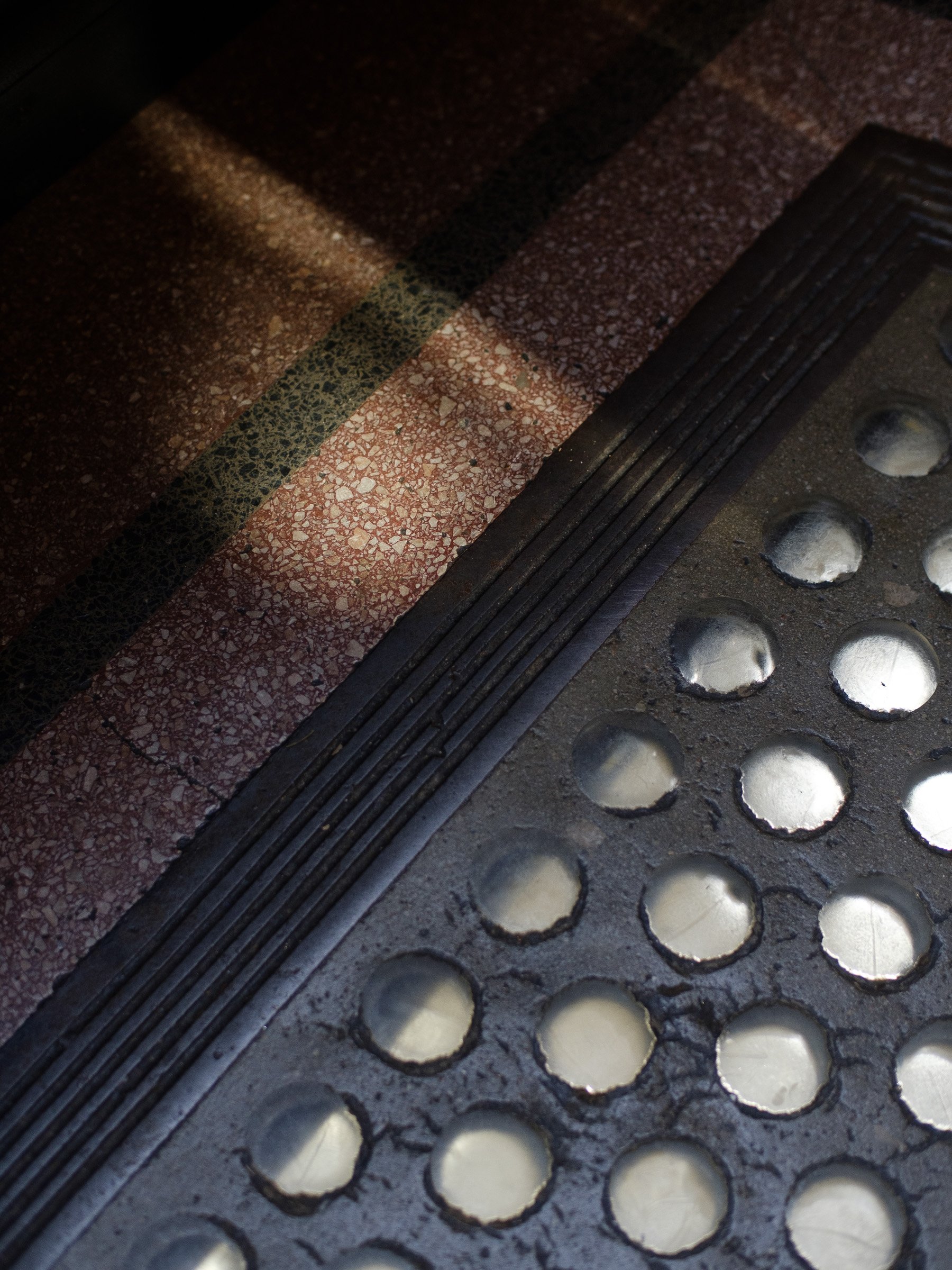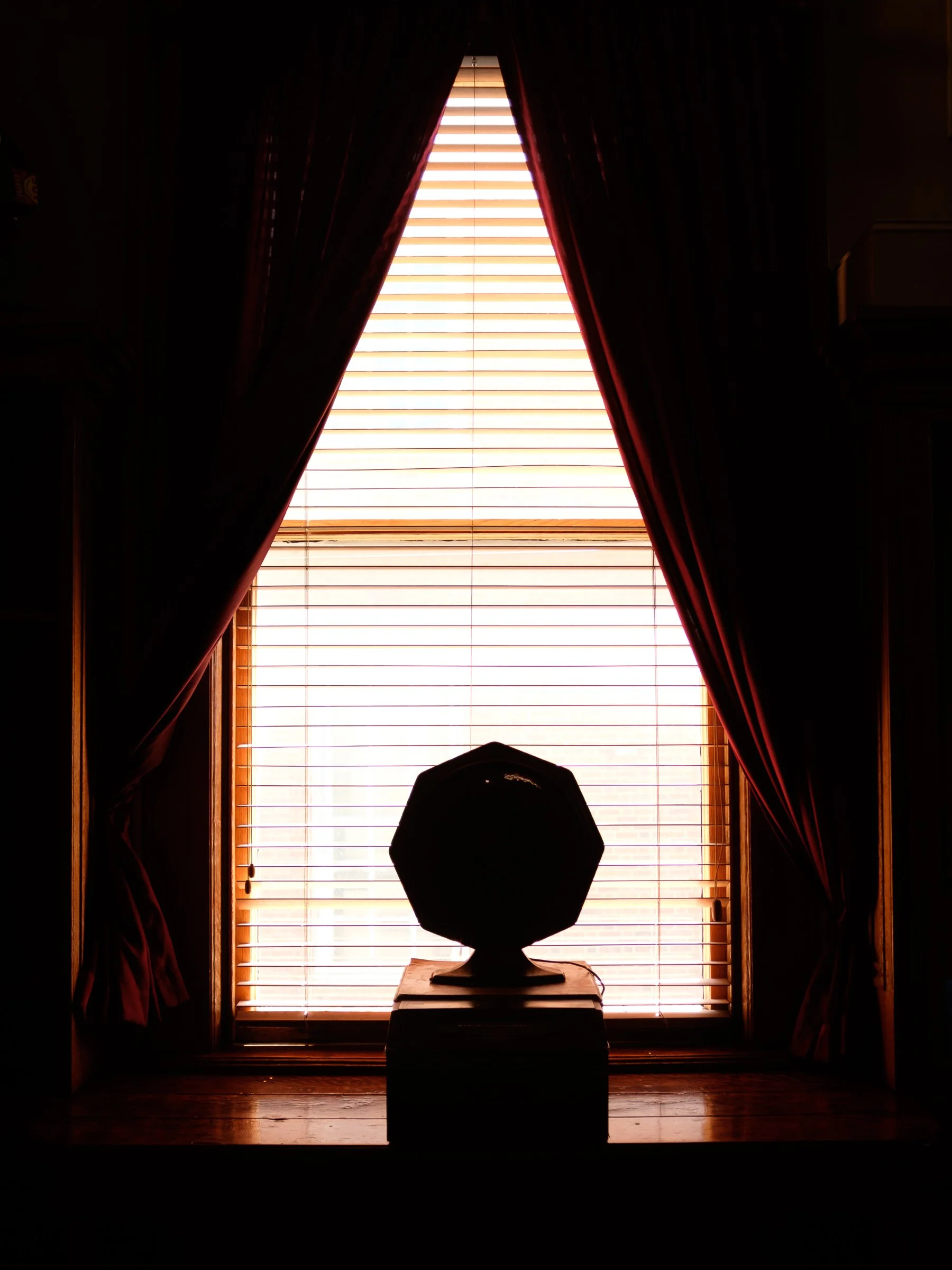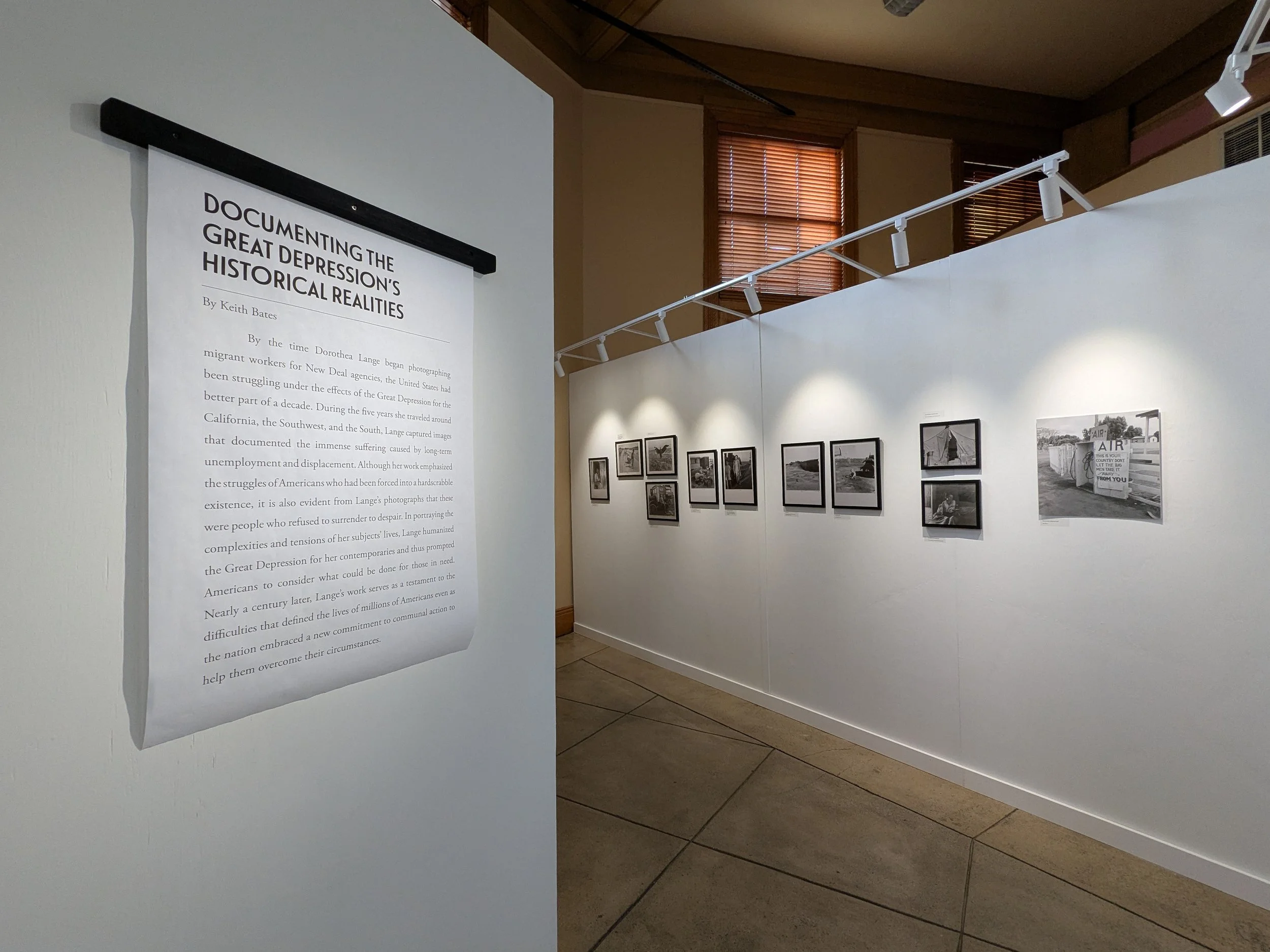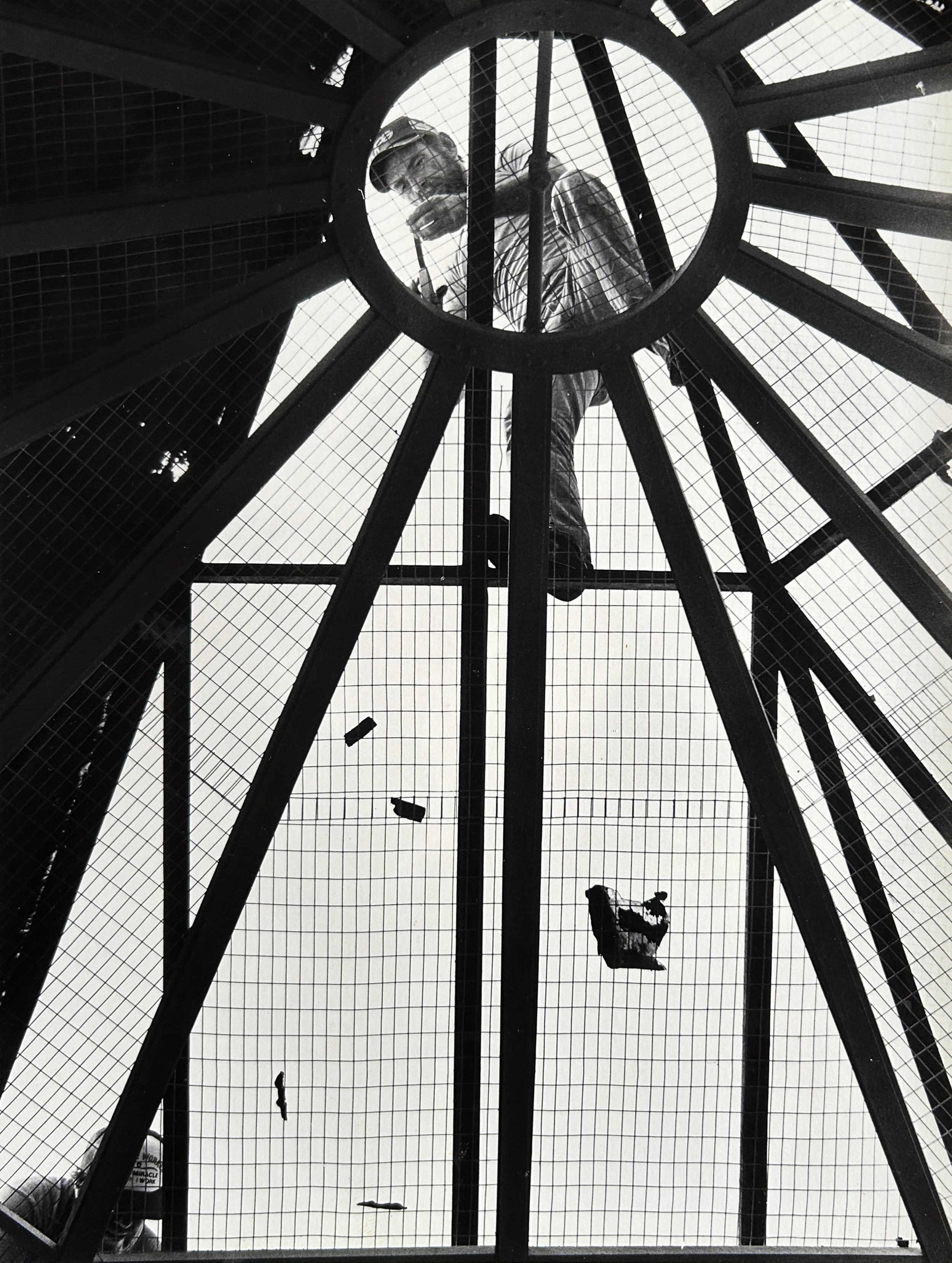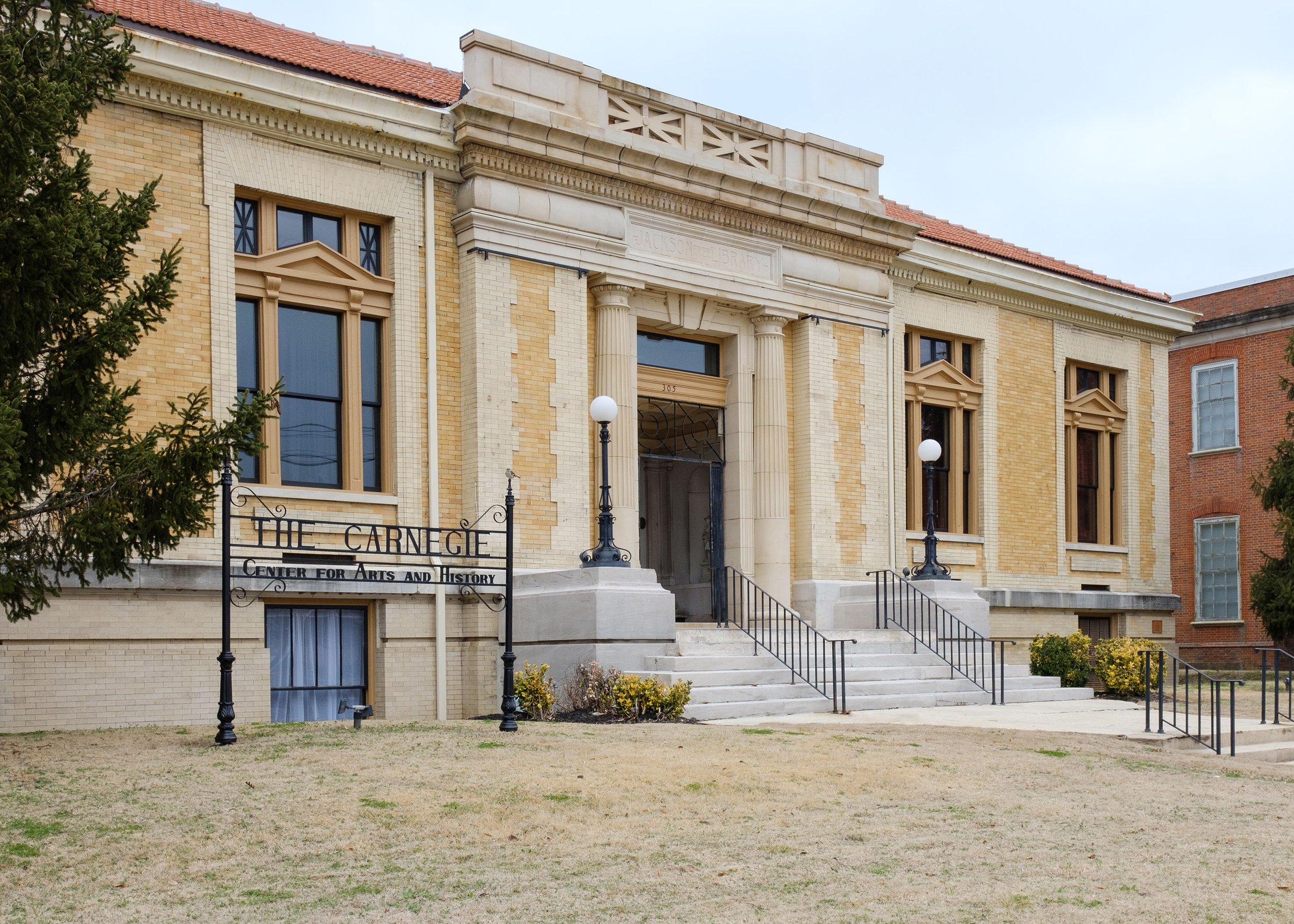
Our History:
Jackson's early residents, eager for knowledge, established the Jackson Reading Room in the 1830s to share books and literature. In the late 1880s, "Book Entertainments" were organized to raise funds for a library. By the late 1890s, Andrew Carnegie's trust fund aimed to support the construction of libraries nationwide. Reverend Mark Matthews advocated for Jackson’s application for a Carnegie grant, securing $30,000 to build a library.
Construction began in 1901 on land purchased for $4,100, with architectural plans designed by Brown & Brown and a construction contract awarded to Parish Bros. at a cost of $25,288.42. The cornerstone was laid on September 11, 1901, and the library officially opened on March 3, 1903, with Emma Collins as the first librarian. In 1905, Alice Drake assumed the role of librarian, a position she held for nearly five decades.
By the end of its first year, the library boasted an inventory of 4,055 books and an average circulation of 1,500. It continued to serve the community until a new library building was opened in 1968, leaving lasting memories for many.
From 1968 to 1987, the building slowly deteriorated. In 1987, Jackson Recreation and Parks employees, along with community members, worked together to restore the Carnegie. Since its reopening in 1988, the Carnegie has served various purposes, including an event space, Children’s Discovery Museum, and art gallery. It now offers art and music classes and hosts performing arts, further enriching the community. Today, the Carnegie Center stands as a vibrant community museum, home to the Legends of Tennessee Music Museum and a variety of new art and historical exhibitions.
Our Mission:
The Carnegie Center for Arts and History embraces the enriching potential of art to foster meaningful community dialogue and personal growth. Through innovative programming, rotating exhibitions, and active community engagement, we serve as an inclusive educational and artistic hub for Jackson, Tennessee, and its surrounding areas. The Carnegie invites all individuals to explore and celebrate the richness of our diverse community’s history, music, and art.
